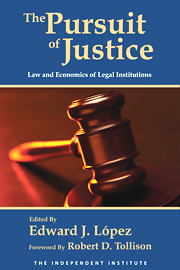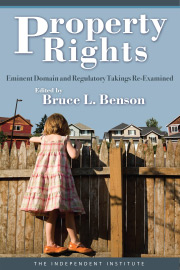David Lipscomb (1831-1917) was an influential Tennessee preacher who edited a weekly paper from 1866-1917 and published a book Civil Government in 1889. Although few, if any, economists appear to be aware of David Lipscomb, Lipscomb’s writing includes many points that political economists, especially radical libertarian ones, are making today. This article highlights some of Lipscomb’s insights and relates them to arguments made by economists in the past three decades. Lipscomb argued that government is not created for the benefit of the public but for the benefit of the rulers. He believed that all governments, including democratic ones, are problematic. He argued that self-serving politicians actually create conflict and violence and that the public should withdraw support from government. He argued that moral people should not participate in politics, should not vote, and should not fight in wars. Modern libertarian economists make similar arguments that Lipscomb made more than a century in advance.
The Radical Libertarian Political Economy of 19th Century Preacher David Lipscomb
Edward P. Stringham is a Research Fellow at the Independent Institute; Kathryn Wasserman Davis Professor of Economic Organizations and Innovation and Deputy Director of the Shelby Cullom Davis Endowment at Trinity College; and contributor to the book In all Fairness: Equality, Liberty, and the Quest for Human Dignity.
Culture and SocietyFreedomGovernment and PoliticsLaw and LibertyPhilosophy and ReligionPolitical Theory
Comments
Before posting, please read our Comment Policy.










